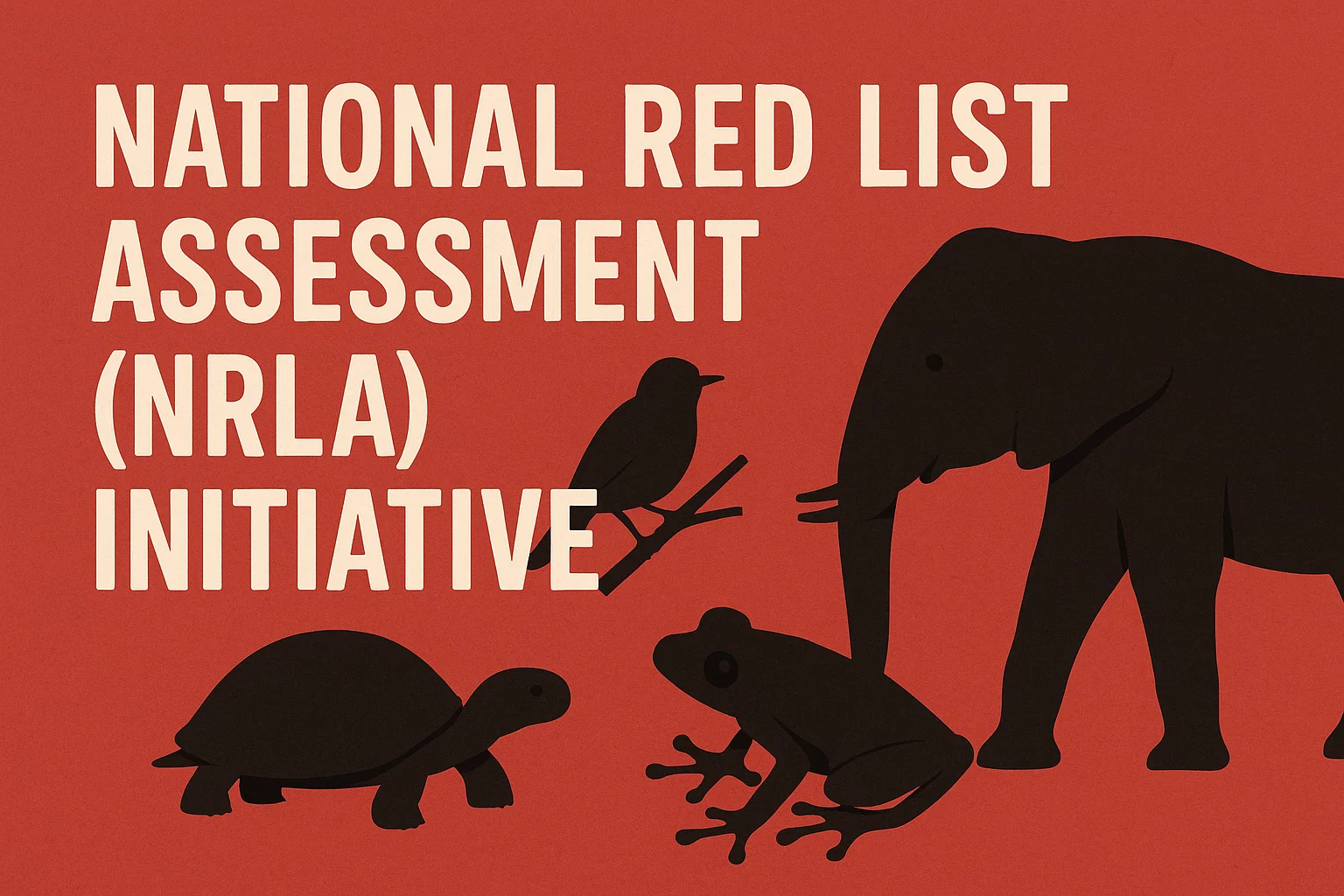Monitoring space Surveillance Threats
$15-million satellite map to bolster national security
Context: In a significant move to strengthen national security, the Ministry of Defence is finalising a multi-year contract to develop and deploy a constellation of satellites that will track and monitor foreign surveillance satellites targeting India.
More on News
- According to top sources familiar with the matter, the initiative is slated for completion by the end of 2026 and carries an annual contract value of ₹150 crore.
- The project aims to create an indigenous satellite mapping network designed to detect and analyse hostile space-based surveillance activities.
- It will complement the existing capabilities of ISRO’s Network for Space Object Tracking and Analysis (Netra), which primarily monitors space debris and satellite positioning.
Project NETRA (Network for Space Object Tracking and Analysis)
This is ISRO’s indigenous initiative to monitor and safeguard India’s space assets by addressing threats from orbital debris and other hazards. Launched in 2019 with an initial budget of ₹400 crore, it marks India’s entry into advanced space situational awareness (SSA) capabilities, reducing reliance on foreign data sources like the U.S. Space Command.
Key Components and Capabilities:
-
Observational Infrastructure:
-
-
- A network of phased-array radars, optical telescopes, and data processing units.
- Detects objects as small as 10 cm in low-Earth orbits (up to 2,000 km) and geostationary orbits (36,000 km).
- Multi-Object Tracking Radar (MOTR) at Sriharikota serves as a precursor system.
-
-
Control Centre:
-
-
- Located at ISRO Telemetry, Tracking, and Command Network (ISTRAC), Bengaluru.
- Processes data for collision alerts, atmospheric re-entry predictions, and compliance with international debris mitigation guidelines.
-
-
Strategic Significance:
-
-
- National Security: Enhances defense against potential threats to satellites, including anti-satellite weapons and space-based militarisation.
- International Collaboration: Aligns with global efforts like the UN’s Space Debris Mitigation Guidelines and Inter-Agency Space Debris Coordination Committee (IADC).
- Economic Protection: Safeguards satellites worth billions, such as communication and remote-sensing assets, from debris collisions.
-
-
Recent Developments:
-
- Debris Free Space Mission (DFSM): Aims for all Indian space missions to be debris-free by 2030.
- SSA Expansion: Construction of a dedicated debris-tracking phased-array radar in Assam (2025) and publication of the Indian Space Situational Assessment Report (2024).
-
Operational Impact:
-
- Collision Avoidance: Conducted 19 collision-avoidance maneuvers in 2021, up from 3 in 2015.
- Global Standing: Positions India among spacefaring nations with autonomous SSA capabilities, alongside the U.S. and Russia.
India’s Next Leap in Space Surveillance
- Tracking Threats: Unlike Netra, which focuses on ensuring the safety of India’s space assets, this new constellation will be explicitly dedicated to tracking potential surveillance threats from adversarial satellites.
- The new surveillance satellites will be interconnected and will relay data to ground-based stations through a real-time communication network.
- Indigenous: This constellation will be completely designed, developed, and deployed within India.
- A private Indian space startup—likely Bengaluru-based Digantara—is expected to lead the technical operations under government oversight.
- A specialised team of technical experts will be formed to monitor the satellite system once it becomes operational.
Strengthening National Security Through Space Technology
- Experts believe this project marks a major advancement in integrating space assets with defence strategy.
- Dr. Chaitanya Giri, space policy fellow at the Observer Research Foundation, noted that while India has had limited satellite- and telescope-based surveillance capabilities through ISRO, this new initiative will significantly expand its scope.
SBS-3 Project Acceleration
- The Defence Ministry, in collaboration with the Department of Science and Technology, is also accelerating the rollout of the Space-Based Surveillance (SBS)-3 project.
- On May 12, it was reported that three private space companies had been asked to expedite their development timelines for the SBS-3 program, which will deploy additional surveillance satellites into Earth’s orbit.
Subscribe to our Youtube Channel for more Valuable Content – TheStudyias
Download the App to Subscribe to our Courses – Thestudyias
The Source’s Authority and Ownership of the Article is Claimed By THE STUDY IAS BY MANIKANT SINGH





